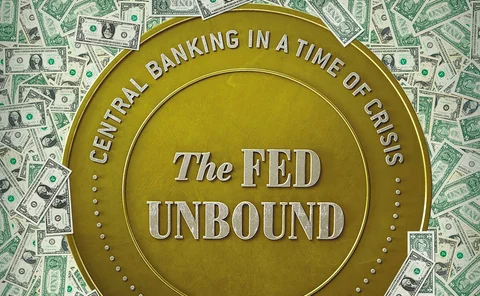Regulation
Banknotes: July to September 2022
A round-up of news and salient issues that have affected central bankers in the past three months
Tensions flare between policy-makers over US Treasury reform
SEC’s proposed rule-changes have “ruffled feathers” at Treasury department
Most central banks carry out frequent stress tests
All banks that carry out stress tests say they have improved financial stability
Cyber attacks on financial market infrastructure are rising
Two-thirds report recent increase in attacks, but 80% report good cross-border arrangements
Australian government will map crypto asset holdings
Move is necessary to oversee “largely unregulated” crypto sector, finance minister says
Over half of central banks say AML risks are rising
But most say central banks co-operate sufficiently across borders against money laundering
Quiet man: is Michael Barr the Clark Kent of regulation?
A decade after crafting Dodd-Frank, Fed’s new vice-chair must tame DC's warring regulatory factions
Central banks rarely lead AML/CFT efforts
Most institutions do not want more AML/CFT powers
Earnings in upper-middle income economies outstrip high income peers
Financial stability staffing tends to match jurisdiction’s income level
Most central banks lack primary oversight of NBFIs
Many institutions capable of regulating non-banks, but just a few solely exercise such powers
Book notes: The Fed unbound, by Lev Menand
Instead of the Fed expanding its tasks to meet shadow banking needs, this book calls for charter-like oversight of NBFIs
A quarter of central banks have insufficient financial stability powers
Some respondent institutions need new powers urgently
Ecuador government will not recognise new superintendent of banks
Legislature and government clash as courts disagree on legality of appointment process
Middle income countries more likely to report rising NPL levels
Most high income respondents say NPL levels have fallen in last five years
Fed announces new guidelines after master account controversy
Rules will impose tight scrutiny on non-conventional applicants
Banking resolutions are rare events in most countries
Two jurisdictions account for 77.9% of resolutions reported by sample
Reserve requirements most commonly used macro-pru tool
Responses show differences in measures favoured by high and middle income economies
UN warns against rapid adoption of crypto in developing nations
Tax evasion depletes resources for development, report finds
Most central banks do not want more macro-pru powers
But minority of benchmark participants want governments to adopt measures in use elsewhere
Central banks rarely administer deposit guarantee schemes
Lower-middle income countries less likely to have such schemes
Richer nations less likely to have central banks as sole macro-pru authority
Respondents from lower-middle income countries more likely to be only macro-prudential body
How central bank mistakes after 2019 led to inflation
Central banks must acknowledge their own mistakes and outline concrete steps to restore the public’s confidence in their ability to ensure price stability, write Graeme Wheeler and Bryce Wilkinson*
Activity-based regulation will not guarantee level playing field – BIS paper
Authors propose framework to clarify use of entity- and activity-based regulations










